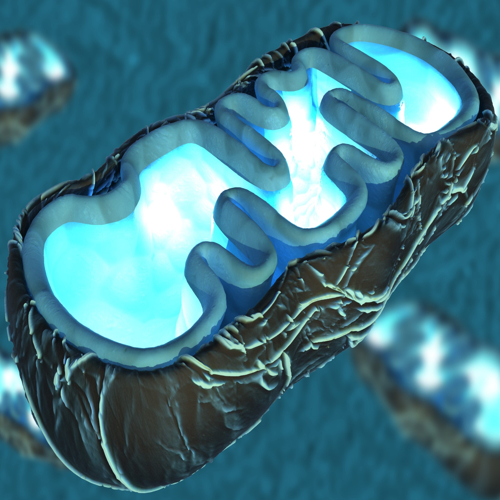Key points from article :
Aging is accompanied by the loss of proteostasis and mitochondrial dysfunction.
The hallmarks of aging do not work in isolation.
Study highlight how interconnected the hallmarks are and how influencing one can affect others.
Deregulated nutrient sensing is another way in which we age.
NAD+ regulates metabolism and declines with age, influences both proteostasis and mitochondrial homeostasis.
NAD+ homeostasis is key in regulating age-related muscle amyloidosis.
Increasing levels ameliorates the accumulation of amyloid-beta in aged human muscle cells, in old mice, and in a nematode.
Treatment with the NAD+ boosters nicotinamide riboside (NR) and olaparib (AZD).
Boosting NAD+ levels also appeared to boost mitochondrial function.
Ameliorating age-related amyloidosis also restores mitochondrial dysfunction.
Approaches to increase its presence to youthful levels could potentially treat age-related diseases.
Research by EPFL published in the Journal Cell Reports.







